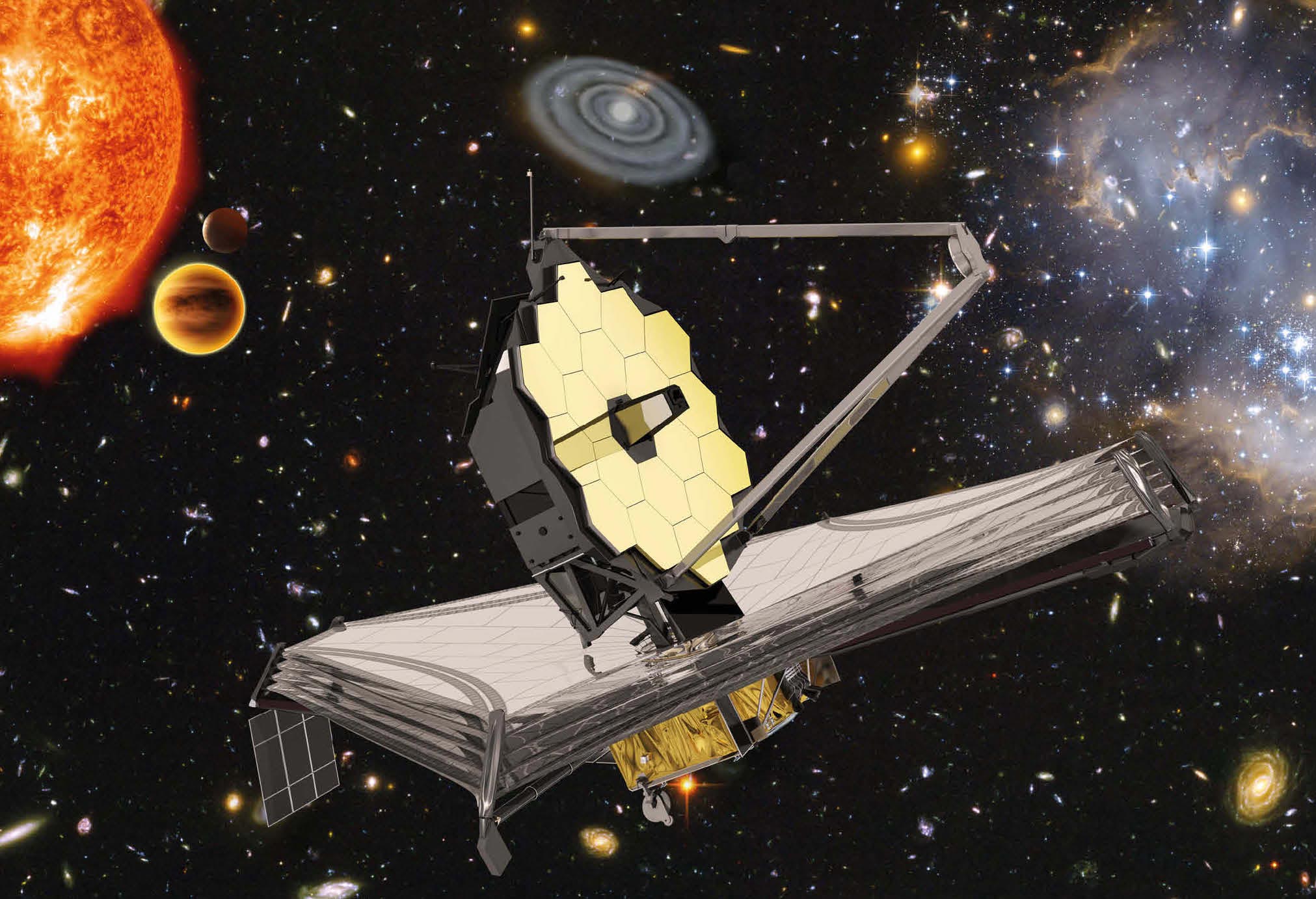Black holes form from the remnants of massive stars that have ended their life cycles. When such a star exhausts its nuclear fuel, it can no longer counteract the force of gravity with the pressure from nuclear fusion. This leads to a catastrophic collapse under its own gravity, resulting inRead more
Black holes form from the remnants of massive stars that have ended their life cycles. When such a star exhausts its nuclear fuel, it can no longer counteract the force of gravity with the pressure from nuclear fusion. This leads to a catastrophic collapse under its own gravity, resulting in a supernova explosion. If the remaining core is sufficiently massive (typically more than about three times the mass of the Sun), it continues to collapse into a singularity, a point of infinite density, surrounded by an event horizon beyond which nothing can escape.
Hawking radiation, theorized by Stephen Hawking in 1974, implies that black holes are not completely black but emit radiation due to quantum effects near the event horizon. This radiation arises from particle-antiparticle pairs that form near the event horizon, with one falling into the black hole and the other escaping. This process causes the black hole to lose mass and energy over time, eventually leading to its evaporation.
The theoretical implications of Hawking radiation are profound. It challenges the classical view that nothing can escape a black hole and suggests that black holes can eventually disappear, affecting our understanding of entropy and information loss in black holes. This touches on fundamental principles of quantum mechanics and general relativity, potentially leading to a unification of these theories.
See less



The increasing integration of artificial intelligence (AI) in daily life challenges our understanding of human identity and autonomy in several profound ways: 1. **Redefinition of Work and Skill**: AI's ability to perform complex tasks traditionally done by humans can lead to a redefinition of whatRead more
The increasing integration of artificial intelligence (AI) in daily life challenges our understanding of human identity and autonomy in several profound ways:
1. **Redefinition of Work and Skill**: AI’s ability to perform complex tasks traditionally done by humans can lead to a redefinition of what constitutes valuable skills and work. This shift may challenge individual self-worth and identity, which are often closely tied to professional roles and competencies.
2. **Decision-Making Autonomy**: AI systems, from recommendation algorithms to autonomous vehicles, make decisions on behalf of humans. This delegation can lead to a dependence on AI, potentially eroding individual decision-making skills and reducing personal autonomy.
3. **Privacy and Surveillance**: AI’s capacity for data collection and analysis raises concerns about privacy and the extent to which individuals can maintain control over their personal information. The pervasive monitoring enabled by AI can challenge the notion of private versus public identity.
4. **Ethical and Moral Considerations**: AI systems, especially those involved in critical areas like healthcare or criminal justice, operate based on programmed ethical frameworks. This raises questions about the morality of delegating life-impacting decisions to machines and the potential dehumanization of processes traditionally governed by human judgment.
5. **Social and Emotional Relationships**: AI-powered social robots and virtual assistants can impact human relationships by providing companionship and emotional support. While beneficial, this can blur the lines between human and machine interactions, challenging our understanding of genuine emotional connections and human uniqueness.
As AI continues to integrate into daily life, society must navigate these challenges to ensure that human identity and autonomy are preserved and respected.
See less